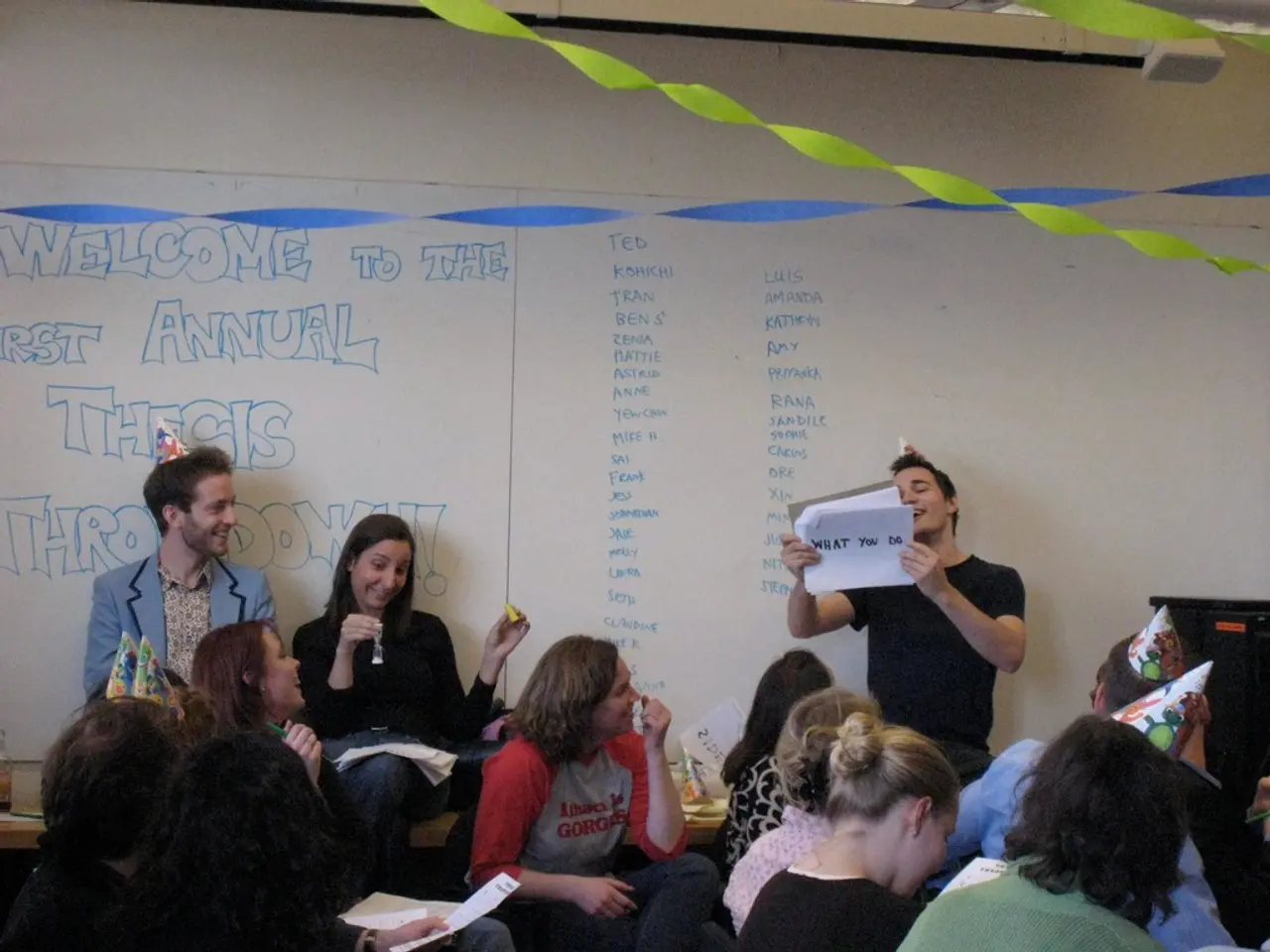Considering an Early Retirement at 62? Respond to These Essential Questions First
Retiring Early in the United States: Key Factors to Consider
Retirement at age 62 is a popular choice for many Americans, but it comes with its own set of challenges and considerations. Here are some key factors to take into account when deciding to retire early.
Social Security Benefits Reduction
Claiming Social Security at 62 is the earliest eligible age, but it results in a permanent reduction in monthly benefits. For example, a $1,000 benefit at the full retirement age (FRA), typically 66 or 67 for people born after 1960, could be reduced to $700 at 62. This reduction also affects survivor benefits for a spouse.
Life Expectancy and Health
If you expect a shorter life expectancy due to health issues, taking benefits early at 62 might make sense to maximize total lifetime receipt. However, if you are in good health and expect to live longer, delaying Social Security can increase monthly benefits by 6%-8% per year until age 70, which can help avoid outliving savings.
Income Needs and Employment Status
Retiring at 62 can provide income sooner, but you must balance this with the reduced Social Security amount and possible need for other income sources such as personal savings or part-time work. If you no longer want or are unable to work, early retirement at 62 can be a viable option.
Access to Healthcare
Medicare eligibility begins at 65, so retiring at 62 means you will need to secure private health insurance or cover medical costs independently until Medicare starts. This can be a significant expense to plan for.
Tax and Withdrawal Considerations
Retiring after age 59½ allows penalty-free withdrawals from retirement accounts (like IRAs and 401(k)s), but ordinary income taxes still apply. This affects how you plan your withdrawals to support early retirement needs.
Tax Planning and Longevity Risk
Strategic tax planning and ensuring you do not outlive your resources is vital. Some retirees consider delaying Social Security to maximize payout, especially if they have a pension or other retirement income.
Planning for Retirement at 62
When planning for retirement at 62, it's important to be generous in your assumptions about what you can afford to do. If you plan to retire at 62, you need to have a plan for housing costs, as downsizing or moving to a cheaper location could help reduce expenses. It's also crucial to have a clear idea of how much money will be coming in and going out when retired.
Early Retirement Trends
Many Americans retire around 3-4 years earlier than they expect, often around 62. Of the retirees who retired early, 31% cited a hardship, 32% were forced out of their jobs, and 39% said they retired because they could afford to do so.
Inflation and Retirement
Inflation can erode purchasing power when it's high, so it's important to factor this into your retirement plans.
In conclusion, retiring at 62 requires weighing the trade-off between accessing benefits early with reduced payments versus waiting for higher monthly amounts, considering your health, financial needs, insurance coverage, and long-term retirement sustainability. Consulting a financial advisor may help tailor these factors to your situation.
- In the context of retiring early in the United States, some might consider alternative funding methods such as investing in initial coin offerings (ICOs) to supplement personal-finance and cover expenses during retirement years.
- Early retirees may need to carefully manage their personal-finance, particularly with regards to tax implications, as withdrawing money from retirement accounts before age 59½ typically incurs penalties, while ordinary income taxes still apply.




